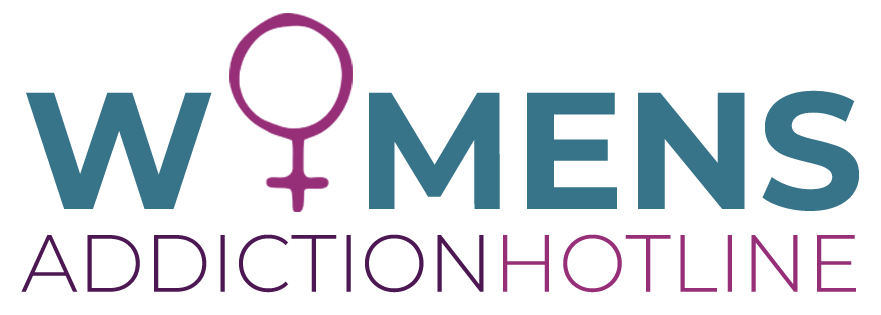Women’s National Recovery Resources
Women’s National Substance Abuse Hotline
Welcome to the Women’s National Addiction Hotline, a helpline dedicated to supporting women struggling with substance abuse and addiction. Our hotline provides a safe and confidential space for women from all walks of life to seek guidance, resources, and compassionate assistance on their journey towards recovery. Whether you’re battling addiction to drugs, alcohol, or any other substance, our representatives are here to listen without judgment, offering personalized support tailored to your unique needs. At the National women’s treatment helpline, we understand the complex challenges that women face in their journey towards sobriety, including societal pressures, trauma, and stigmatization. Our mission is to empower women to reclaim control of their lives, break free from the grips of addiction, and embrace a healthier, happier future. If this is a medical emergency, call 911 right away.

National Women’s Substance Abuse Treatment Resources

Substance Abuse And Mental Health Services Administration
The Substance Abuse and Mental Health Services Administration (SAMHSA) is the agency within the U.S. Department of Health and Human Services that leads public health efforts to advance the behavioral health of the nation. The mission of the Center for Substance Abuse Treatment is to promote community-based substance use disorder treatment, and recovery support services for individuals and families in every community. CSAT provides national leadership to improve access, reduce barriers, and promote high-quality, life-saving, and effective treatment and recovery support services.

Recovery Research Institute Women In Recovery
Recovery Research Institute Women In Recovery. 5.7% of women have a substance use disorder in the United States, according to 2015 National Survey on Drug Use and Health (NSDUH) data. According to NESARC data from that same year, 3% of American women suffer from a drug use disorder, while 10.4% suffer from an alcohol use disorder. how is female addiction treatment different from addiction treatment for men?
While men historically have been more likely to develop a substance use disorder, women also suffer in great numbers. In recent years, the once large gap between the rates of overdose deaths for men, as compared to women, has been steadily closing. It is expected that the rates of overdose among women will continue to increase in the next couple of years. 48,000 women died from prescription pain reliever overdose from 1999 to 2010. However, in just a 5-year span from 2010 to 2015, over 50,000 women died from a drug overdose (excluding alcohol related deaths and causes).
Women for Sobriety, Inc
Founded in 1975, Women for Sobriety (WFS) is the first peer-support program tailored specifically for women overcoming substance use disorders (SUDs). With both regional and online meetings, the New Life Program provides supportive, empowering, secular, and life-affirming principles that address the unique needs and challenges of women in recovery. Groups and discussion forums provide mutual support online. Join here! The WFS New Life Program is inclusive of all women, regardless of financial resources, race, religion, abilities, and backgrounds.

She Recovers Foundation
SHE RECOVERS® Foundation is a 501(c)(3) non-profit public charity and a global grassroots movement serving more than 325,000 women, and non-binary individuals who identify with women’s communities, who are in or seeking recovery from mental health issues, trauma, substance use and related life challenges. We are all recovering from something—no one should have to recover alone. We connect women through our virtual offerings and in-person community networks, provide resources and support to help women develop their own holistic recovery patchworks, and empower them to thrive.
National Library of Medicine 7 Substance Abuse Treatment for Women
National Library of Medicine 7 Substance Abuse Treatment for Women. While women are as likely to stay and engage in treatment as men, substance abuse counselors need to attend to individual, counselor, and environmental variables to secure the best retention rates based on level of care and presenting problems. This chapter begins with gender-specific factors that significantly influence treatment retention of women. Other highlights include women’s treatment issues and needs (beginning with the role of relationships—including family and partners), parenting issues and treatment needs (including pregnancy and children), and several co-occurring disorders (including anxiety, mood, and eating disorders) that are most prevalent among women and are likely to require attention during the course of treatment. Significant consideration is also given to trauma, trauma-informed services, and integrated treatment for women with trauma-related symptoms and substance use disorders.
